Alyson Krueger for the NYTimes:
Move over Dry January (abstaining from alcohol) and Whole30 (no processed or refined foods). Veganuary, which asks people to ditch meat this month, has emerged as this year’s trendy resolution.
The campaign was started in the United Kingdom in 2014 by Jane Land and Matthew Glover, a husband-and-wife team who met on a vegan dating site and were inspired by Movember (growing a mustache for men’s health). Participants who pledge to go vegan on the site receive daily recipes, tips and information about how a vegan diet benefits animals, the environment and our bodies.
According to Veganuary, 750,000 people from 192 countries have joined the pledge, with about half signing up for 2020.
It’s easy to forget that things like Veganuary started with people who had an idea. When things appear around me and feel fully formed, it seems like they just fell out of the sky and occurred. But I love learning their names. Thank you, Jane Land and Matthew Glover. You’ve done a good thing.
